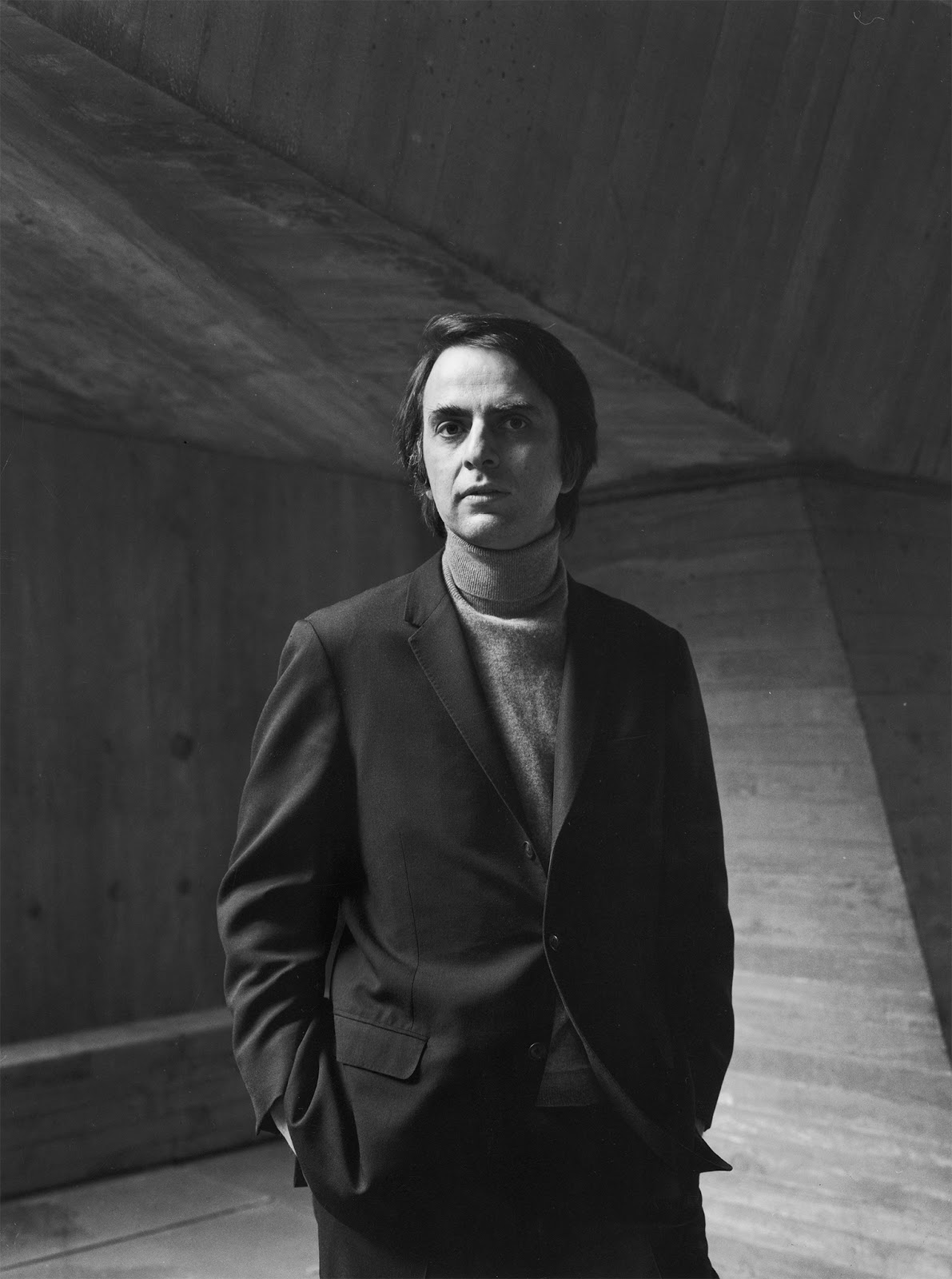Carl Sagan was not just an astronomer; he was a passionate advocate for scientific literacy and a masterful communicator of the wonders of the universe. His ability to engage the public’s imagination set him apart as a unique figure in both science and popular culture. Through his extensive work in planetary science and his captivating writing, he inspired countless individuals to gaze at the stars with curiosity and wonder.
Carl Sagan’s legacy extends far beyond his scientific contributions. He popularized complex ideas about space and science through books and television programs, making them accessible to everyone. His most famous work, "Cosmos: A Personal Journey," became a monumental television series, captivating audiences with its breathtaking visuals and profound insights into the universe and humanity's place within it.
As we delve into the life and achievements of Carl Sagan, we will explore the many facets of his extraordinary career and the impact he made on science communication, education, and the quest for extraterrestrial life. His story is one of curiosity, exploration, and a deep love for the cosmos that continues to resonate with us today.
What Was Carl Sagan's Early Life Like?
Carl Sagan was born on November 9, 1934, in Brooklyn, New York. Growing up in a Jewish family, his early interests in science were nurtured by his parents. His mother, a schoolteacher, encouraged his curiosity, while his father, a garment worker, imparted the values of hard work and perseverance. Sagan's fascination with the stars began at a young age, leading him to read extensively about astronomy and space exploration.
What Are Some Key Milestones in Carl Sagan's Career?
Sagan's academic journey led him to the University of Chicago, where he earned his doctorate in astronomy and astrophysics. His career was marked by several key milestones, including:
- Contributions to the Mariner, Viking, Voyager, and Pioneer space missions.
- Discovering the greenhouse effect on Venus.
- Co-creating the famous Golden Record, which was sent aboard Voyager spacecraft.
- Establishing the Planetary Society, an organization dedicated to the exploration of space.
- Writing numerous popular science books, including "The Dragons of Eden," which won the Pulitzer Prize.
What Personal Details Can We Learn About Carl Sagan?
| Detail | Information |
|---|---|
| Full Name | Carl Sagan |
| Date of Birth | November 9, 1934 |
| Place of Birth | Brooklyn, New York, USA |
| Date of Death | December 20, 1996 |
| Education | University of Chicago (Ph.D. in Astronomy and Astrophysics) |
| Notable Works | Cosmos, The Pale Blue Dot, Contact |
| Awards | Pulitzer Prize, Presidential Medal of Freedom |
How Did Carl Sagan Influence Science Communication?
Carl Sagan was an innovator in the field of science communication. He had an exceptional talent for breaking down complex scientific concepts and presenting them in a way that resonated with the general public. His use of metaphor and storytelling transformed dry scientific facts into engaging narratives that captured the imagination of millions.
What Was the Impact of the 'Cosmos' Series?
Released in 1980, "Cosmos: A Personal Journey" became one of the most-watched television series in history. It reached over 500 million viewers worldwide and inspired a generation to explore the wonders of science. The series covered a range of topics, from the origins of life to the vastness of the universe, emphasizing the interconnectedness of all things. Its enduring popularity led to a revival in 2014, with Neil deGrasse Tyson hosting "Cosmos: A Spacetime Odyssey."
What Were Carl Sagan's Views on Extraterrestrial Life?
Carl Sagan was a passionate advocate for the search for extraterrestrial intelligence (SETI). He believed that the universe is teeming with life, and he was deeply involved in the scientific exploration of this possibility. Sagan’s work on the Golden Record demonstrated his desire to communicate with any potential extraterrestrial civilizations. He famously stated, "The cosmos is all that is, or ever was, or ever will be," highlighting his belief in the vast potential of life beyond Earth.
What Is Carl Sagan's Legacy Today?
The legacy of Carl Sagan is felt across multiple disciplines, from astronomy to literature to environmentalism. He inspired countless scientists, writers, and thinkers to pursue their passions and to communicate their findings effectively to the public. His commitment to reason, skepticism, and the scientific method played a significant role in promoting science education and literacy.
How Does Carl Sagan Inspire Future Generations?
Even decades after his passing, Carl Sagan continues to inspire new generations of scientists and dreamers. His quotes, such as "We are made of star-stuff," serve as a reminder of our connection to the universe. Sagan's work encourages curiosity and exploration, urging us to ask questions about our place in the cosmos and to seek out the unknown.
What Role Did Carl Sagan Play in Environmental Awareness?
In addition to his work in astronomy, Sagan was an early advocate for environmental issues. He raised awareness about the dangers of nuclear war, pollution, and climate change—topics that are more relevant today than ever. Through his writings and public appearances, he emphasized the importance of protecting our planet and understanding the consequences of our actions.
Conclusion: The Enduring Influence of Carl Sagan
In summation, Carl Sagan was a remarkable figure whose contributions to science and communication have left an indelible mark on the world. His ability to evoke wonder and curiosity about the universe continues to inspire us to explore the cosmos and understand our place within it. As we look to the stars, we should remember Sagan's words, urging us to embrace the mysteries of the universe and to never stop asking questions.
Exploring The Cinematic Journey Of Sophie Marceau
Unraveling The Life Of Rosa Salazar's Husband
Unveiling Martin Kenzie's Role In Game Of Thrones


